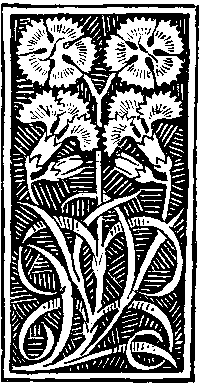The (Neo-)Victorian Sherlock Holmes Paradigm
DOI:
https://doi.org/10.5281/nvs.v15i2.394Keywords:
The Affinity Bridge, Coronavirus, David Stuart Davies, disease, Arthur Conan Doyle, Tom Holland, Sherlock Holmes, Sherlock Holmes: The Shadow of the Rat, George Mann, Supping with PanthersAbstract
Scientists, epidemiologists and medical researchers, who in their past studies on Coronavirus focused on the detection of its origin and on tracing back the trail of contagion, often compared their activity to Sherlock Holmes’s investigations. In particular, references to Sherlock Holmes occurred in some Chinese medical reports, which alluded to this well-known literary and cultural icon to suggest the international relevance of the battle against COVID-19. In this respect, Arthur Conan Doyle’s ‘The Adventure of the Dying Detective’ (1913), a short story in which Holmes is (seemingly) infected by a deadly tropical disease, may be seen as an expression of what I call ‘the Sherlock Holmes Paradigm’. This paradigm identifies the investigator’s fight against disease and infection coming from outside the margins of the British empire; at the same time, the detective’s investigations lead to the awareness that these infections are not necessarily caused by an ‘external’ source but originate within the boundaries of the British Empire. ‘The Sherlock Holmes Paradigm’ has also been adopted and updated in a series of neo-Victorian texts that directly or indirectly borrow elements from Holmes’s adventures: from David Stuart Davies’s Sherlock Holmes: The Shadow of the Rat (2010) to Tom Holland’s Supping with Panthers (1996) and George Mann’s The Affinity Bridge (2008); in these novels, Sherlock Holmes and Holmesian investigators have to face diseases contaminating London, proving that the scientific methods used by Doyle’s detective are an extremely useful approach in both medical and literary discourse, in particular as regards the complex relationship between the ideas of ‘centre’ and ‘margins’.
Downloads
Published
Issue
Section
License
Copyright (c) 2025 Neo-Victorian Studies

This work is licensed under a Creative Commons Attribution-NonCommercial-NoDerivatives 4.0 International License.


